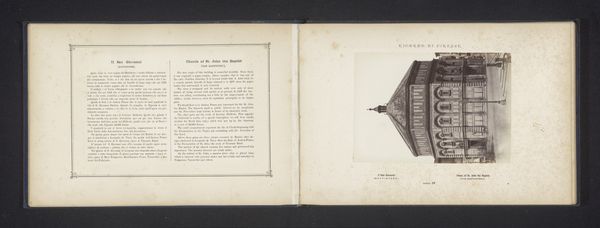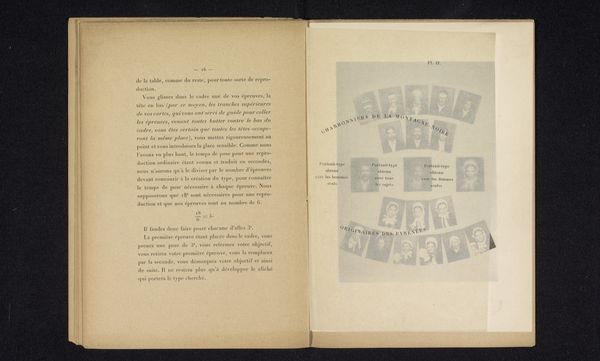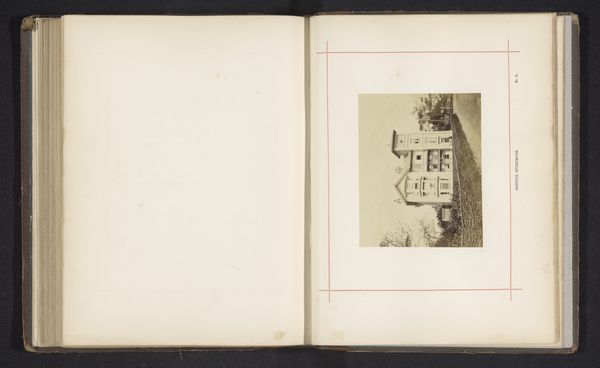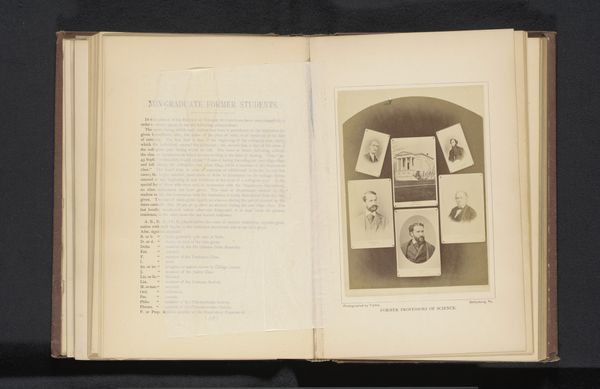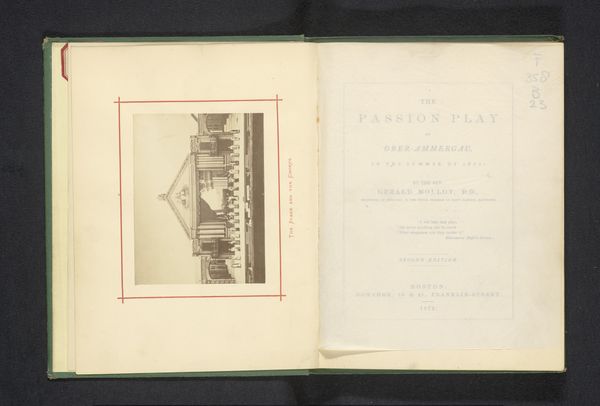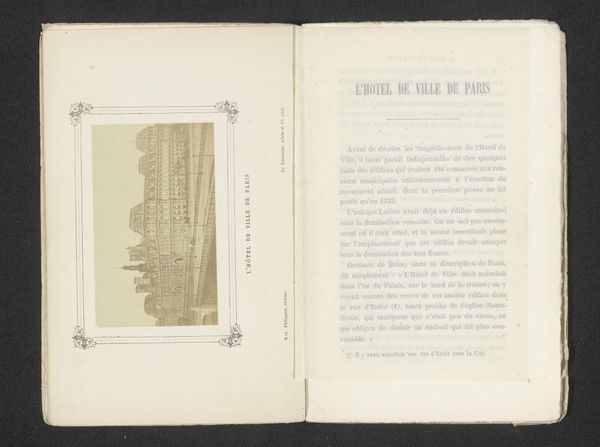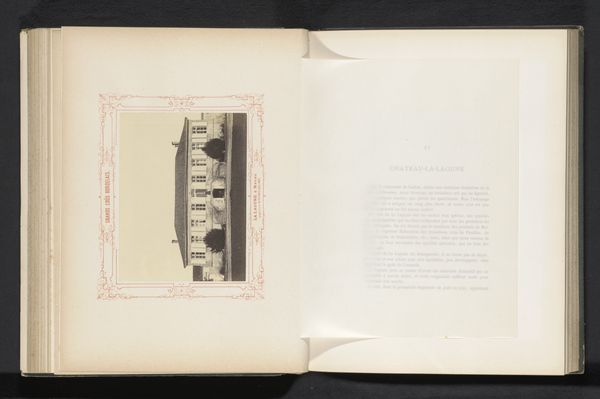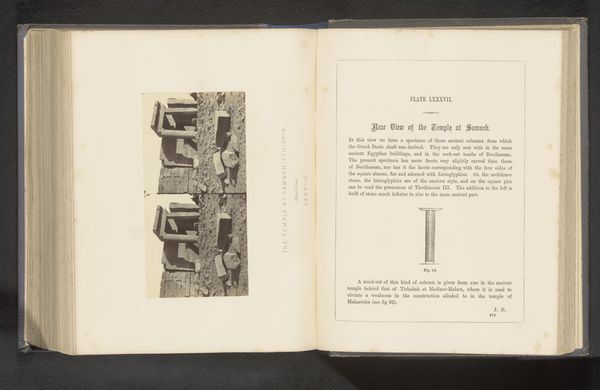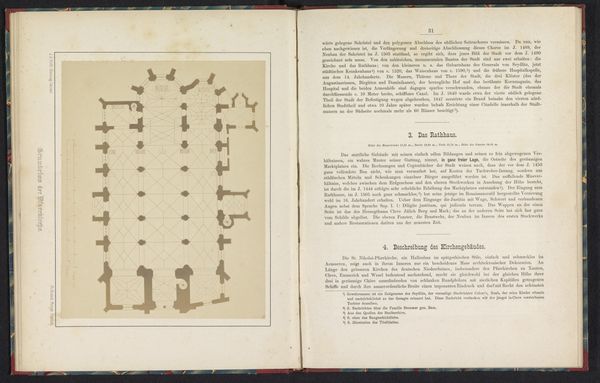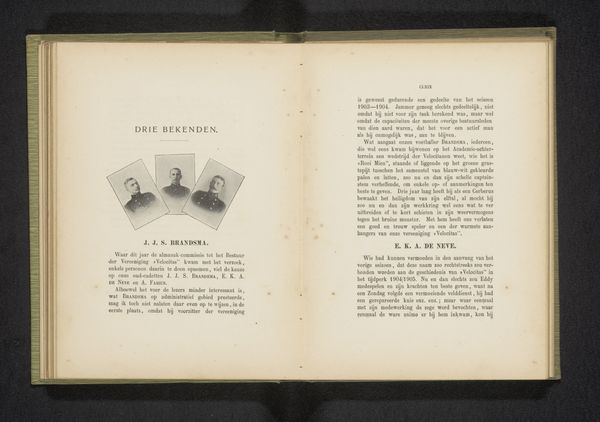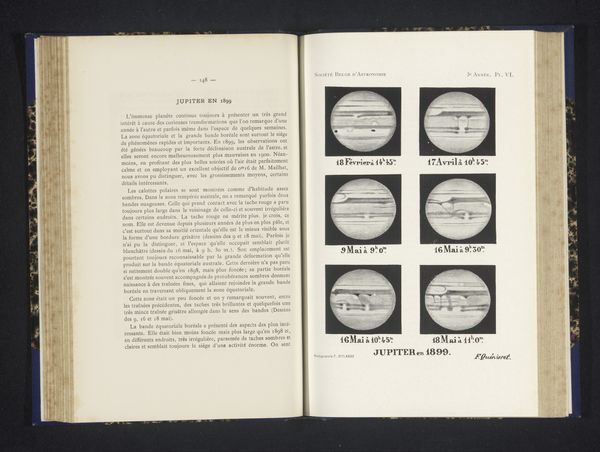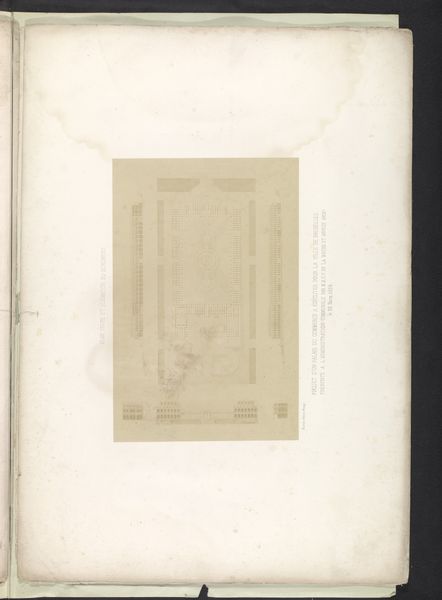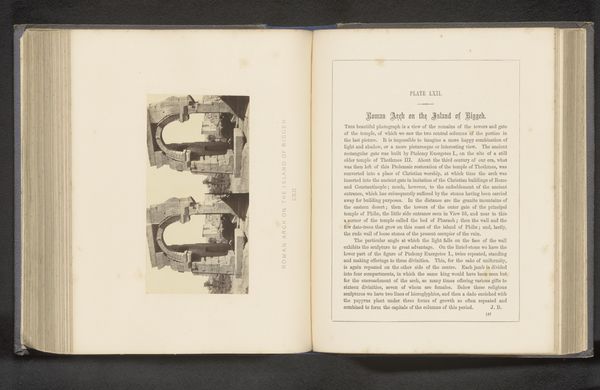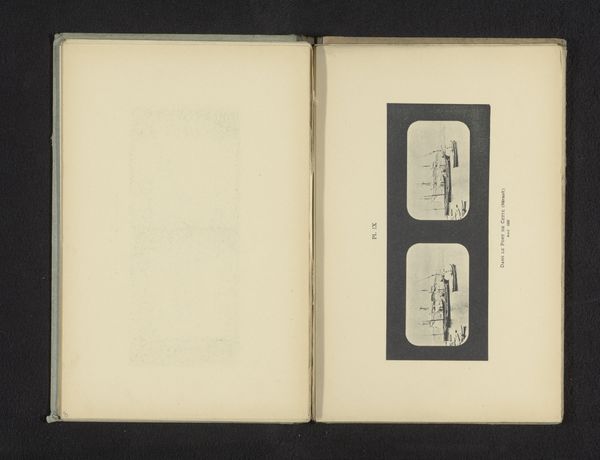
Dertien portretten van inwoners rond de Montagne Noire, met in het midden een superimpositie van deze portretten before 1887
0:00
0:00
collage, print, photography, albumen-print
#
portrait
#
collage
# print
#
neo-impressionism
#
photography
#
history-painting
#
modernism
#
albumen-print
Dimensions: height 102 mm, width 141 mm
Copyright: Rijks Museum: Open Domain
Arthur Batut created this photographic plate, "Thirteen Portraits of Inhabitants Around the Montagne Noire, with a Superimposition of these Portraits in the Middle," using superimposed photography to create a sense of the archetypal inhabitant. Note how the portraits are arranged in a circle. The circle, an ancient symbol of unity and completion, is here employed to suggest a community, each individual a part of a larger whole. Within the circle, the superimposed image blurs individual features, creating a ghostly composite. This evokes the concept of a collective identity, reminiscent of ancient attempts to capture the essence of a group or tribe. Consider how this pursuit of a "type" echoes in Francis Galton's work on criminal physiognomy and the controversial ideas of Cesare Lombroso. These attempts to define and categorize groups based on physical traits reveal a deep-seated human desire to understand and classify the world, and the people within it. Batut’s work serves as a poignant reminder of our collective memory and the emotional power of images to reflect and shape our understanding of identity and belonging.
Comments
No comments
Be the first to comment and join the conversation on the ultimate creative platform.
